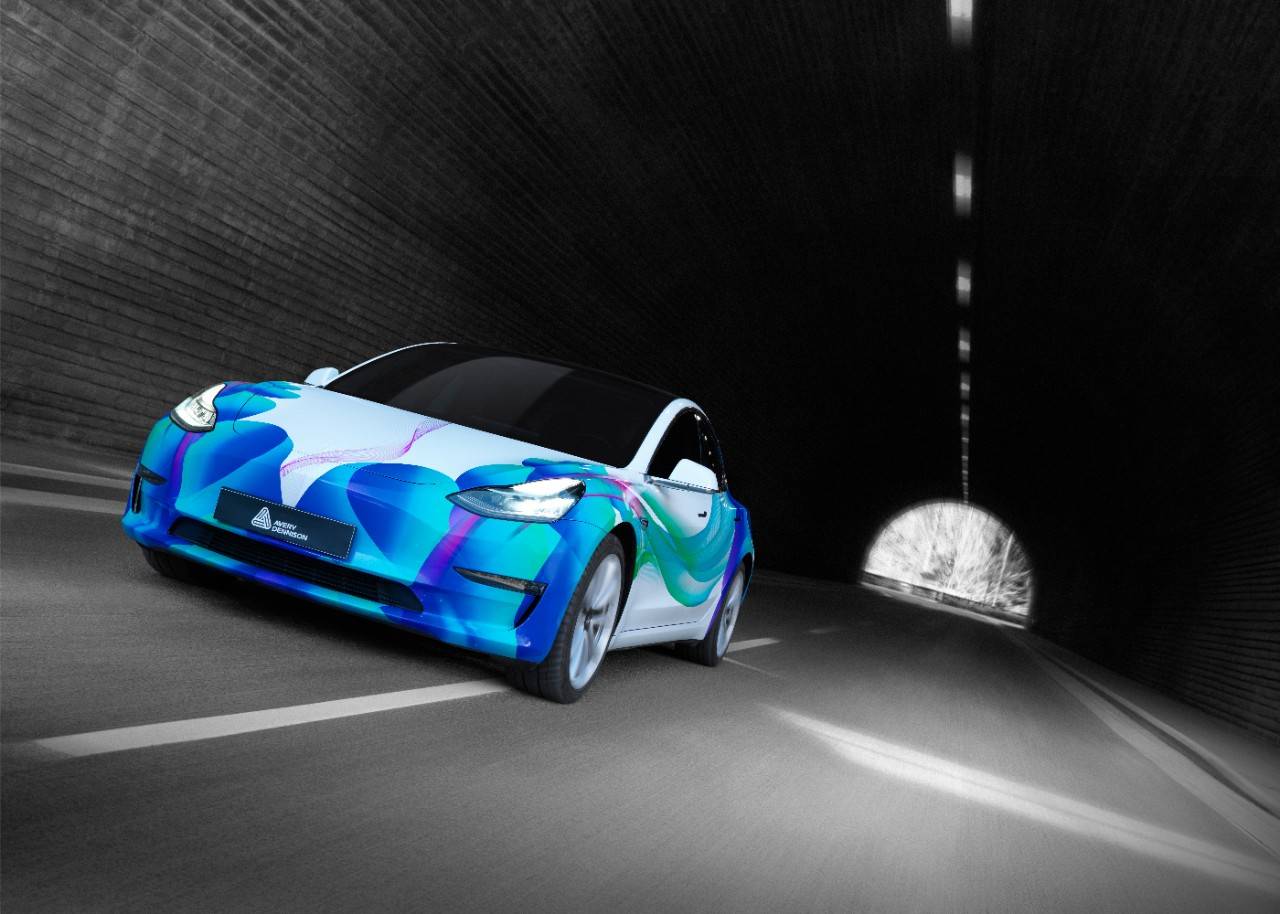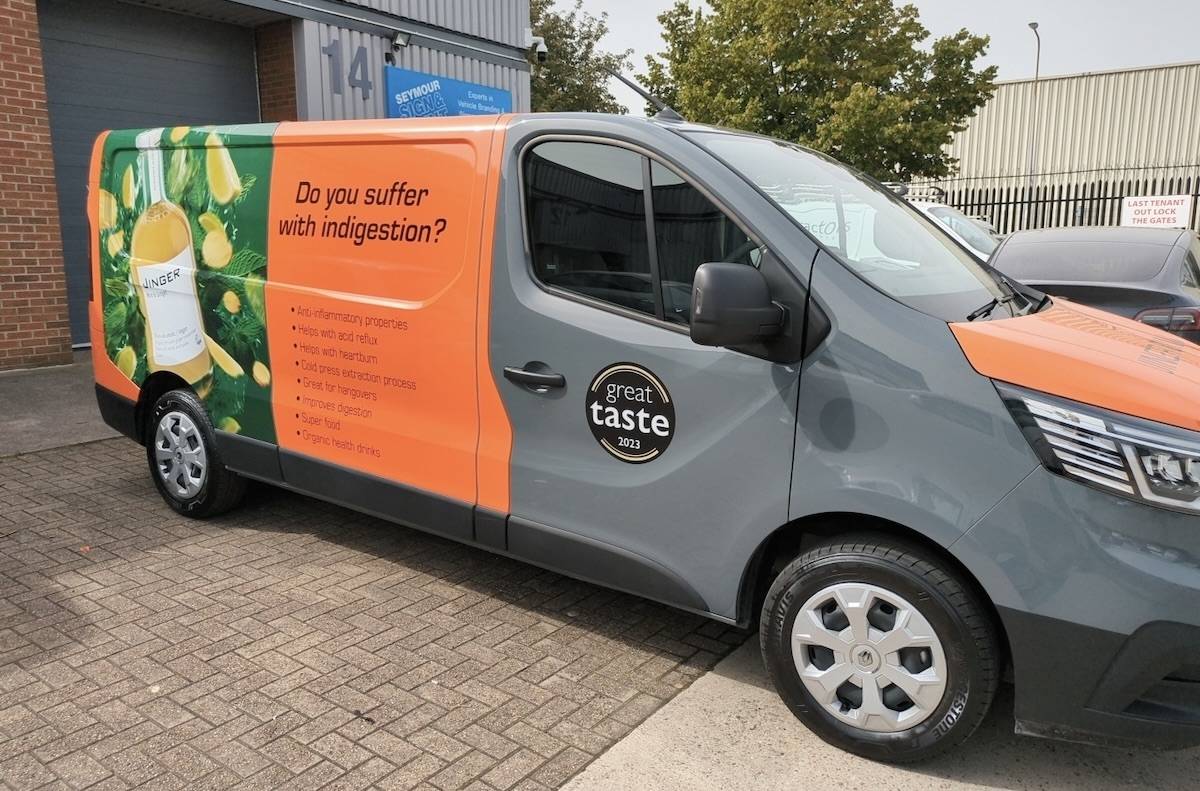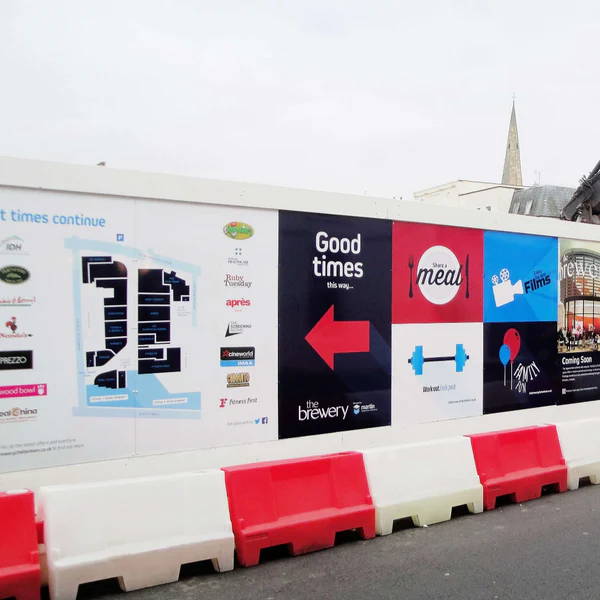Monomeric, Polymeric & Cast vinyl- What's the difference?

The names "Monomeric" and "Polymeric" for calendared vinyl types provide insight into the plasticizers employed in their production. "Mono-" signifies one, "poly-" signifies many, and "-meric" refers to the unit or body. These terms reflect the specific plasticizers utilized in the vinyl's creation. Notably, cast vinyl, distinct from calendared vinyl, employs the same plasticizer as polymeric vinyl. However, the casting process grants cast vinyl greater stability and durability compared to calendared vinyl. Calendared vinyl's undergo a rolling manufacturing method, inducing stress and yielding lesser dimensional stability in the material.
Vinyl originates from Poly Vinyl Chloride (PVC), a synthetic material created artificially. This plastic type is crafted from Chlorine, sourced from salt, and Ethylene, derived from crude oil. Through a process of combining these elements, PVC resin, commonly known as vinyl, is formed.
Prior to beginning your next application, it’s crucial to thoughtfully contemplate the specific type of vinyl required. Factors such as the surface it will adhere to, whether it’s for indoor or outdoor use, and the duration it needs to last are pivotal in selecting the most appropriate vinyl. Despite vinyl being adaptable, certain types are better tailored for particular applications.
MonomericVinyl
This vinyl is favoured for its affordability and suitability for flat surfaces, meeting the needs of most signage projects. With a lifespan typically ranging from 2 to 5 years, it tends to shrink over time. Hence, it's best suited for indoor, flat uses, though it can also serve for brief outdoor applications.
PolymericVinyl
Polymeric vinyl excels in versatility, suitable for indoor, outdoor, and even slight curve applications. With a lifespan typically extending from 5 to 7 years, it outlasts monomeric vinyl. Notably, it showcases greater resistance to shrinkage and offers enhanced stability compared to monomeric vinyl.
Cast Vinyl
Cast vinyl stands out as a top-tier, superior quality material boasting a lifespan ranging from approximately 8 to 10 years. Its soft, thin, and flexible nature renders it perfect for vehicle wrapping, particularly for cars and vans. Unlike calendared films, cast vinyl doesn't shrink or revert to its original form when subjected to heat, such as from a heat gun.
Available Financing
Tailored affordable finance solutions from industry leading providers.
Available Financing
Expert Support
Our friendly and knowledgeable experts are ready to help with your questions, suggest products, and even discuss industry trends.
Expert Support
Fast Delivery
With inventory stocked in 5 locations across the UK, get the products you need when you need them.
Fast Delivery














